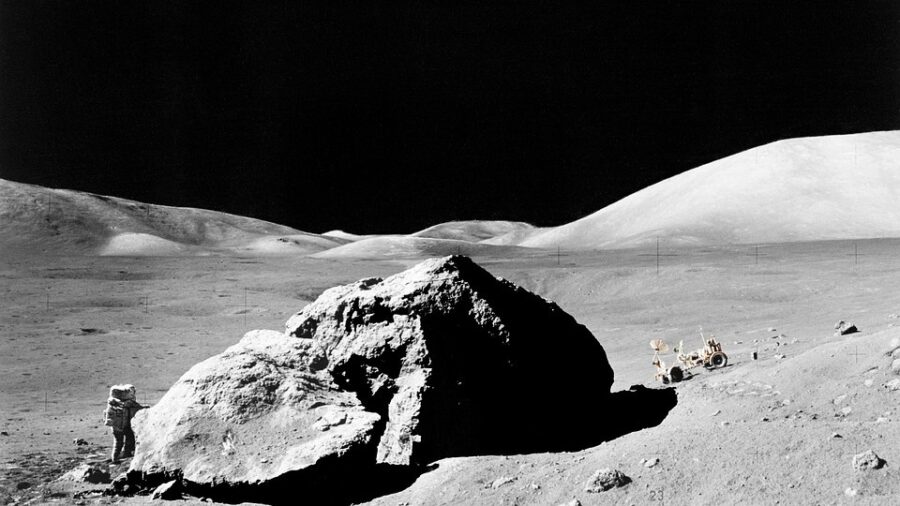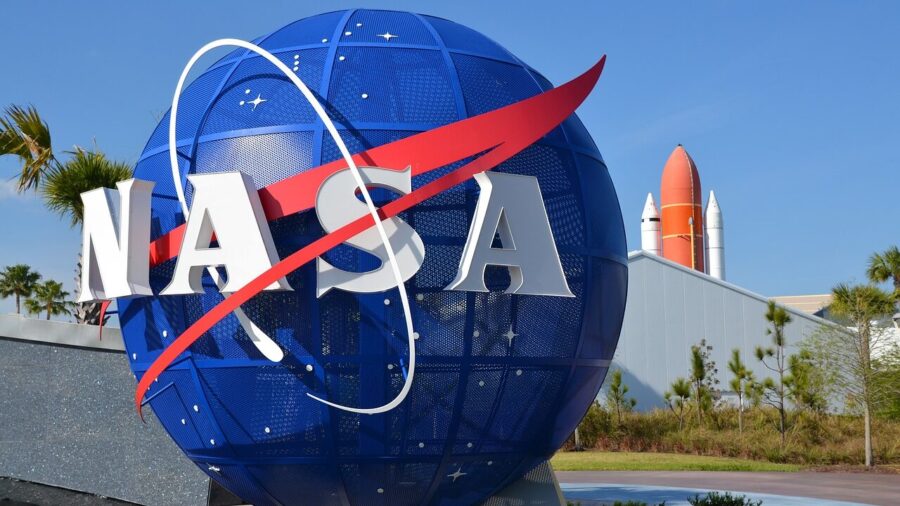NASA Boss Says China Is Going To Take Over The Moon
NASA Administrator Bill Nelson claims that China will outpace the United States and claim mineral-rich areas of the Moon.

A new space race has begun. The United States is scrambling to beat China to the moon, but rapid advances by the Chinese space program have the U.S. against the clock. In an interview with Politico, NASA Administrator Bill Nelson warned that if China outpaces NASA, Beijing could claim the moon’s most resource-rich areas and box Americans out entirely.
“[W]e better watch out that they don’t get to a place on the moon under the guise of scientific research,” Nelson said. “And it is not beyond the realm of possibility that they say, ‘Keep out, we’re here, this is our territory.’” Nelson likened an aggressive move by China on the moon to the country’s strategy on the Spratly Islands, a contested island chain in the South China Sea that China claimed by installing military bases.
The United States and China have taken big steps toward the moon. The U.S. just completed the Artemis I mission, which saw an unmanned vessel orbit the moon and return to Earth. The mission will be succeeded by Artemis II and III, the latter of which aims to put astronauts on the moon in 2025 to prepare for a permanent human presence.
Congress approved a $24.5 billion budget for NASA in 2023, $500 million below the organization’s request. Nelson confirmed that the budget is sufficient to hit NASA’s lunar milestones. Still, the U.S. is already behind the schedule laid out by the Trump administration, and advances by China are closing the gap in the race to the moon.
China aims to have taikonauts on the moon by the end of the decade. Current projections estimate the U.S. to be on the moon four to five years before China – if things go according to plan. The world has witnessed how finicky space exploration can be thanks to the recent leaks sprung on vessels docked at the International Space Station.
If the United States continues to see delays, and China pushes ahead of its schedule, the race to the moon could get even tighter. China has already announced ambitions for infrastructure in space, and the country recently opened the new Tiangong Space Station.
“China within the last decade has had enormous success and advances,” Nelson said. “And there are only so many places on the south pole of the moon that are adequate for what we think, at this point, for harvesting water and so forth.” While some worry about a turf war with China on the moon, others say the fear is unfounded.

Liu Pengyu is a spokesperson for the Chinese Embassy who regards Nelson’s wariness of China as unfounded. According to Pengyu, China’s space ambitions are legitimate, adding that space exploration is a human endeavor, not a political one. This sentiment echoes the Outer Space Treaty, which the U.S. and China are both a part of; the treaty prevents countries from claiming territory on celestial bodies like the moon.
Still, lunar landing sites are limited. The United States and China may have to compete, or better yet, cooperate when determining landing activity on the moon. With earthbound tensions on the rise between the two countries, especially after the recent UFO incidents, the two countries face a challenge of pride.
That is what is truly at stake in the space race. A successful space program is a signal of power, advancement, and national prestige. Petty as it seems, the United States and China are jockeying for position as the world’s most powerful nation, and establishing a presence on the moon is a feather each country will race toward putting in its cap.













